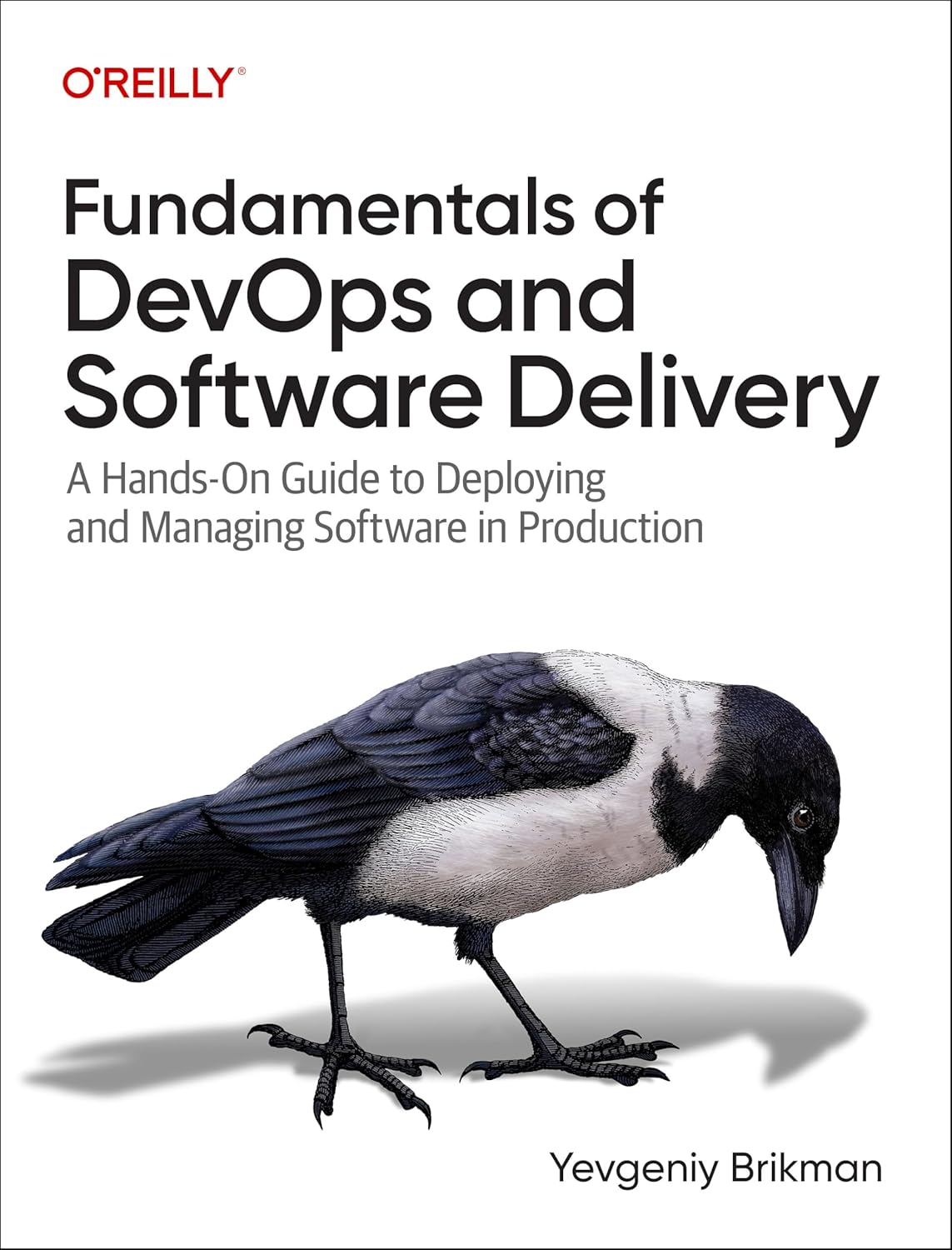
DevOps
What is DevOps?
DevOps is a project management and software development approach that combines development (Dev) and operations (Ops) teams to improve collaboration, speed, and quality in delivering software products and services. It focuses on breaking down silos between departments and encourages continuous integration and continuous delivery (CI/CD) across the development lifecycle, along with automation. DevOps supports a culture of shared responsibility and aims to shorten the time between writing code and deploying it into production.
By promoting better communication between developers and operations teams, this approach enables teams to release software more frequently, with fewer errors, and achieve improved customer satisfaction. DevOps is often associated with Agile methodologies, but extends beyond them by emphasizing operational efficiency after software has been deployed.
Key Points
- DevOps encourages a collaborative culture where developers and IT operations work together.
- It supports automation of testing, integration, deployment, and infrastructure management.
- Continuous integration and continuous delivery (CI/CD) are central to its process.
- The approach aims to enhance software quality, minimize downtime, and expedite time-to-market.
- Teams build monitoring and feedback loops into each stage to support constant improvement.
Related Terms
- Continuous integration is a key practice within DevOps that involves automatically merging and testing code changes to detect issues early.
- Agile project management provides the iterative framework that often supports the flexible and collaborative nature of DevOps.
- Infrastructure as code allows teams to manage infrastructure through machine-readable scripts, aligning with DevOps automation goals.
- Release management works closely with DevOps practices to ensure efficient and reliable software delivery.
- Site reliability engineering applies software engineering principles to operations, supporting the goals of DevOps in maintaining system reliability and stability.
DevOps: Example
A software company adopts DevOps to streamline its mobile app development. The development team writes new features, while automated tests and integration tools validate each update. Once verified, the operations team deploys the changes using a cloud-based pipeline. Collaboratively, teams log, analyze, and address any production issues. This cycle repeats weekly, allowing the company to respond quickly to user feedback and market trends.
DevOps: Best Practices
- Promote a culture of shared ownership across development and operations teams.
- Implement CI/CD pipelines to enable fast and reliable software delivery.
- Use automation tools to minimize manual errors and expedite deployment.
- Monitor performance metrics continuously and respond to system feedback.
- Invest in training to ensure teams are skilled in both development and operational tasks.
Additional Resources
Preparing for a PMI certification?
- Exam Prep Courses: PMP®, CAPM®, and PMI-ACP®
- Exam Simulators: PMP®, CAPM®, PMI-ACP®, PMI-PBA®, PMI-RMP®, PMI-SP®, PgMP®, and PfMP®
- Professional Development Units (PDUs): 15, 30, and 60 PDU Bundles




